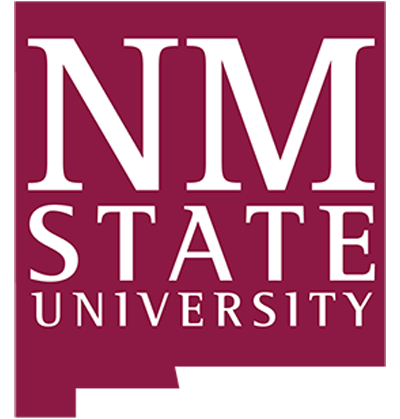1. Course number and name
CHME 542. Graduate Reactor Analysis and Design
2. Credits and contact hours
3 credit hours = 45 contact hours per semester
3. Instructor’s or course coordinator’s name
4. Text book, title, author, and year
- Elements of Chemical Reaction Engineering, 5/E by H. Scott Fogler
ISBN-13: 978-0133887518 • ISBN-10: 0133887510; Prentice Hall (2016)
a. other supplemental materials
none
5. Specific course information
a. catalog description:
b. prerequisites: none co-requisites: none
c. required, elective, or selected elective (as per Table 5-1): elective
6. Specific goals for the course
a. The student will…
- be able…
- Perform mole balances in systems involving chemical reaction
- Calculate conversion in batch and flow systems
- Size single and staged continuous-stirred tank, and plug flow reactors
- Develop rate laws from mechanisms and experimental data
- Calculate pressure drops and the effect on kinetics in packed-bed PFRs
- Apply the differential and integral methods of kinetic data analysis
- Maximize product selectivity for systems involving multiple reactions
- Understand effects of non-isothermal operation and unsteady-state behavior
- Apply rate limiting step and quantify performance in catalytic systems
- Quantify mass transfer limitations on heterogeneous systems
- Understand the idea of a residence time distribution, and the effect on reactor ideality
b. Criterion 3 Student Outcomes specifically addressed by this course are found in a mapping of outcomes against all CHME courses in the curriculum.
7. Brief list of topics to be covered
- Basic mole balances
- Conversion
- Basic chemical kinetics
- Stoichiometry
- Reactor choice, sequences of reactors
- Pressure drop in reactors
- Simultaneous reaction and separation
- Analysis of rate data
- Multiple Reactions
- Enzymatic reactions
- Review of thermochemistry
- Nonisothermal reactors
- Equilibrium conversion
- Reactor stability
- Unsteady-state operation
- Basic catalysis
- Catalyst deactivation
- Diffusion effects
- Diffusion and reaction in porous catalysts
- Effectiveness factors
- Packed bed reactors
- Chemical vapor deposition
- Residence time distributions
- Non-ideal reactors
Common Syllabus Addendum
The NMSU Department of Chemical Engineering maintains a syllabus addendum containing course requirements common to all courses with the CH E prefix online. This document is accessible from the URL: http://chme.nmsu.edu/academics/syllabi/chme-common-syllabus-addendum/


